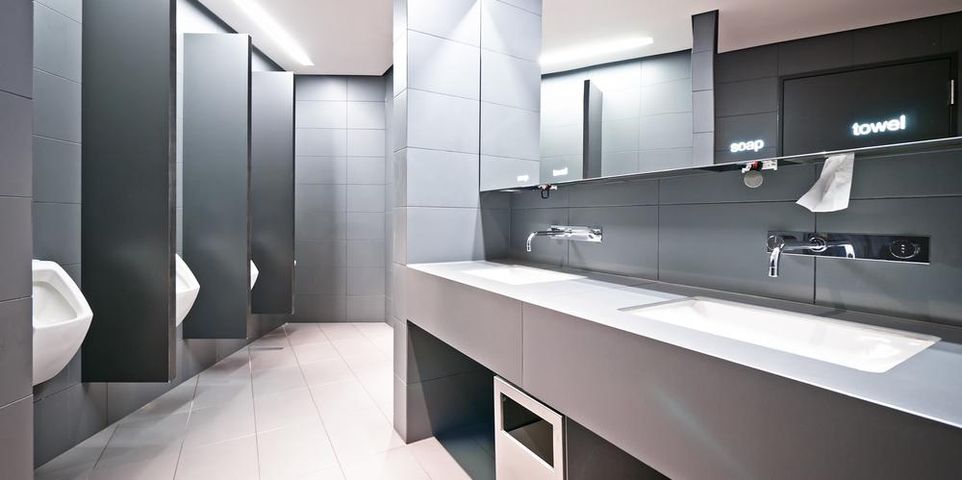How Can I Overcome a Shy Bladder? A Urology Specialist Explains

We’ve all encountered a public restroom that gave us pause. For some people, however, paruresis, or shy bladder syndrome, prevents them from using a public restroom no matter how urgent the need. Medical Center Urology of High Point, NC, understand that urinary issues can be embarrassing for patients to discuss with their general practitioners. Below, these urology specialists share a brief guide to help those with shy bladder syndrome better manage their condition.
A Urology Specialist on Paruresis
What Is It?
Shy bladder syndrome is a psychological condition in which the sphincter muscles tense up in the presence of other people, preventing the bladder from releasing urine. It’s a social phobia, so people with this problem usually have healthy urinary systems. After initially failing to urinate near others, performance anxiety can develop, making it harder still to relax in a public restroom. People with this condition may find themselves avoiding busy bathrooms, holding it in for extended periods, and drinking less fluid.
How Can It Be Treated?
 Cognitive behavioral therapy has helped around 85% of patients overcome their shy bladder syndrome. Another option is graduated exposure therapy, in which you confront the situations causing you trouble and slowly increase the intensity levels. Once you can reliably urinate in the presence of a friend at home, you may move on to a stall, then to a urinal in a moderately crowded bathroom, and so on until you’re relieved of anxiety in public restrooms.
Cognitive behavioral therapy has helped around 85% of patients overcome their shy bladder syndrome. Another option is graduated exposure therapy, in which you confront the situations causing you trouble and slowly increase the intensity levels. Once you can reliably urinate in the presence of a friend at home, you may move on to a stall, then to a urinal in a moderately crowded bathroom, and so on until you’re relieved of anxiety in public restrooms.
Medication may also be recommended. Some antidepressants can help relieve anxiety and increase the efficacy of behavioral therapy. Additionally, a urologist may suggest self-catheterization, but this is typically reserved for people with severe bladder retention.
In addition to paruresis, there may be a physical issue impeding your ability to urinate. Bladder stones can sometimes cause an inability to urinate, as can an enlarged prostate. Certain types of medication can also impede the flow of urine, along with urinary tract infections. A urology specialist will determine if there is an underlying medical cause of your condition or refer you to a specialist for therapy treatment.
Whether you suffer from an overactive bladder or can’t go at all in a public place, Medical Center Urology offers effective and respectful guidance to patients in search of solutions to their medical conditions. Call (336) 882-0220 to schedule an appointment with a urology specialist. You can also visit the website to learn more about Dr. Richard Puschinsky and his skilled team.
About the Business
Have a question? Ask the experts!
Send your question

